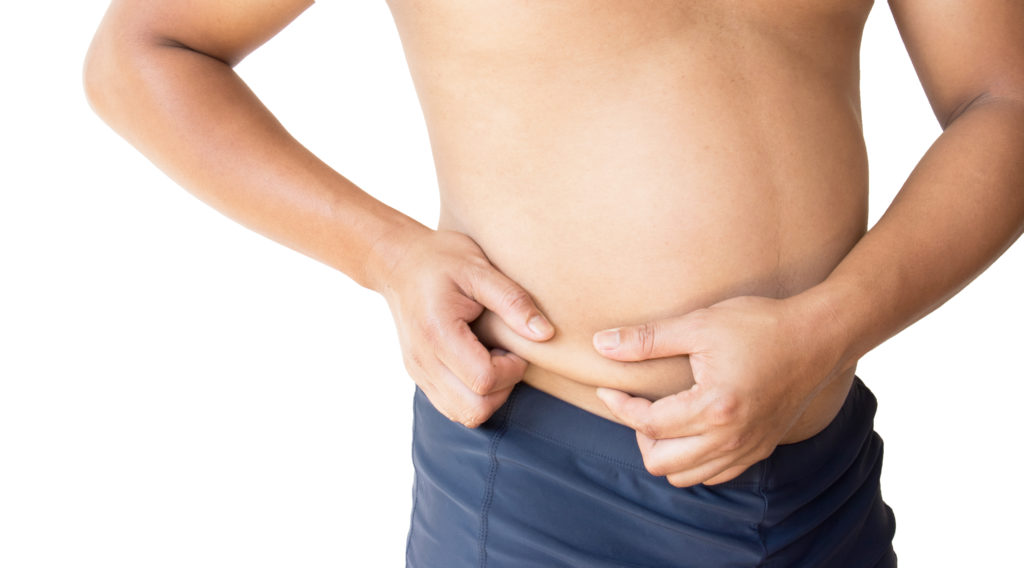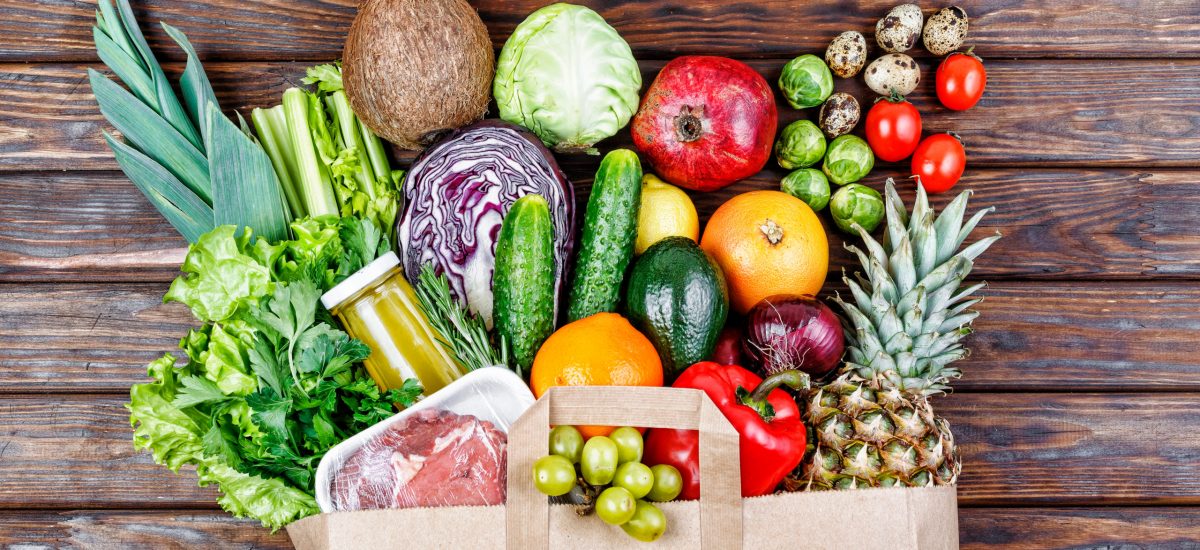If you believe everything written in fitness magazines or shared by every Instagram trainer then you’ve probably bought into the really simple equation for fat loss:
calories in, vs calories out. – but what if that simply isn’t working for you?
On the surface, yes, for many people the simple act of moving a bit more and eating a bit less will give them a sufficient calorie deficit to require the body to draw upon it’s fat stores to fuel your additional movement and result in you losing a few pounds, – but if it’s that simple, then why doesn’t it work for everyone?
In this article, I’ll show you why this may not be working for you, the most common mistakes people make when trying to lose fat, and most importantly, what approach you should use instead.

Counting Calories
Before we dive into this, I would like to point out that counting calories CAN be a very useful process for many. For those starting out on a weight loss journey, the act of calorie counting enables people to realise just how much they are overeating.
It is often an eye-opening experience recognising how many calories they are drinking without realising, – think about that chocolate topped frothy cappuccino you started you day with, or the glass of wine you ended your day with… an exhausting 60-minute training session, would probably only burn half of the calories consumed in these two drinks alone!
To lose weight, you do need to maintain a calorie deficit, but simply eating less isn’t the full story, and not all calories are created equally. Let me explain why…
Foods can be defined as one of three macronutrients – carbohydrates, fats, or protein. Each of these macronutrients can be broken down by the body and used for fuel. Carbohydrates are the easiest to digest, and are therefore, your body’s preferred source of energy.
Herein lies the first issue, a low-calorie diet thrown together without any thought for the macronutrient content, is going to cause problems. If your low-calorie diet is primarily derived from carbohydrate sources, this becomes an immediate source of fuel for the body and as long as carbs are available, then your body simply won’t burn fat.
Insulin is the crucial factor here. When your blood sugar rises, the pancreas releases the hormone insulin to enable your cells to accept and process glucose. However, insulin also prevents fat from getting broken down – since you already have glucose. So, if you simply reduce calories but keep eating a carb-heavy diet, then you won’t achieve the fat loss results you desire.
What happens if you just lower your calorie consumption?

The problem, here is that your body will adapt to this lower energy intake. Your resting metabolic rate and non-exercise activity thermogenesis will decrease, meaning that you will burn even less calories, even if you work out as normal. This leads to a vicious cycle of restrictive dieting, to the detriment of your physical and mental health.
Restrictive dieting will inevitably lead to you suffering from low energy and a slower metabolism. This is where counting calories really falls down…
We work out our basal metabolic rate, either via a body composition assessment or more likely through an online equation or just simply guess it and this becomes the focus of our work.
Let’s for arguments sake say that our Basal Metabolic Rate comes out at 2000 calories per day. According to the calorie counters out there, all we need to do is consume 1500 calories per day and that continual calorie deficit will lead to the fat just falling off us!
It’s a great theory, but the body doesn’t work like that. Your Basal Metabolic Rate isn’t fixed, it will adapt as you adapt. Become more active and it increases, consume less calories and it decreases. Jump around from one yoyo diet to another and you screw it up entirely.
On the other side of the equation, many people seek to focus on Calories Out and beast themselves daily in the gym, hoping to burn off pounds of fat this way – read on to find out why this probably won’t work out for you…
Recovery and Over-Training
It’s a well-known saying in the fitness world that “You can’t out-train a bad diet”. Not only will the issues with your nutrition hinder your progress, but by simply pushing harder in the gym, you’re running the risk of over-training.
With over-training, (or under-recovery as I prefer to refer to it), your body simply can’t recover properly between sessions, which increases your risk of injury. Your muscle growth and overall performance will also stagnate, and the micro-injuries to your tissue increase inflammation in your body. All of these factors contribute to a plateau in fat loss.
A Lack of Sleep
Getting enough hours of high-quality sleep is crucial in your quest to lose fat.
As we’ve already discussed, Insulin is the hormone that tells your cells to use the glucose in your blood. When you are short on sleep, your insulin sensitivity drops. This means that you need more insulin to properly use up the glucose and so your system starts producing more.
The catch? You can’t burn fat when insulin is high. It’s biochemically impossible.
But the trouble doesn’t stop here. Research has consistently shown that sleep deprivation can also affect your leptin production, which is your satiety hormone, meaning you will often still feel hungry no matter what you eat.
Stop counting your calories and aim to get at least 6- 8 hours of quality sleep it’s no surprise that dieters who restricted their total sleep time, lost 50% less fat than those who get enough shut-eye.

Dehydration
Approximately 75% of the population are chronically dehydrated and while you may think that this just shows up as slightly darker wee and maybe some dry skin, dehydration affects all chemical reactions in your body, and it’s especially detrimental to fat loss.
From hormonal changes, such as decreased growth hormone production, to lipase dysfunction (the enzyme that breaks down fat) – to digestion and the overall health and vitality of every organ, dehydration stifles body composition at every level.
If you want to lose bodyfat then do not underestimate the importance of your hydration.
How Fat Loss Really Works
The most reliable and sustainable way to lose fat is through a holistic approach to your health. Focus on a proper nutrient balance.
If you do need to lose some bodyfat then the chances are you didn’t pile it on in a few short weeks, and so why do you expect it to fall off in this timeframe?
- Be consistent, anything that requires restrictive behaviour will hinder you long-term.
- Eat real food. If it’s lived or come out of the ground it will nourish your body.
- If it comes from a packet, a tin, or has been highly processed avoid it.
- Listen to your body, eat when you’re hungry, stop when you’re full.
- Avoid foods with a high glycaemic index.
- Do not over-train or try to out-train a bad diet.
- Get enough sleep for proper recovery and to ensure hormone balance.
- Drink enough water to avoid dehydration.
This is a continuous process, and it will inevitably some trial and error on your part to find the right approach for you. Educate yourself or enlist the help of a professional to help you recognize and correct potential mistakes.
If you have any questions, I’d be happy to answer them in the comments below!




